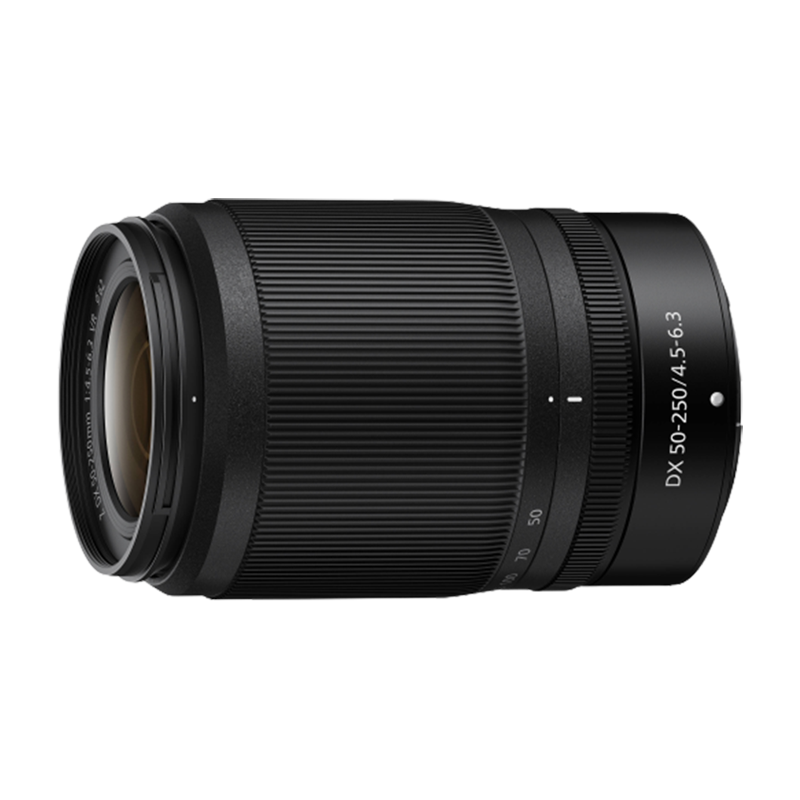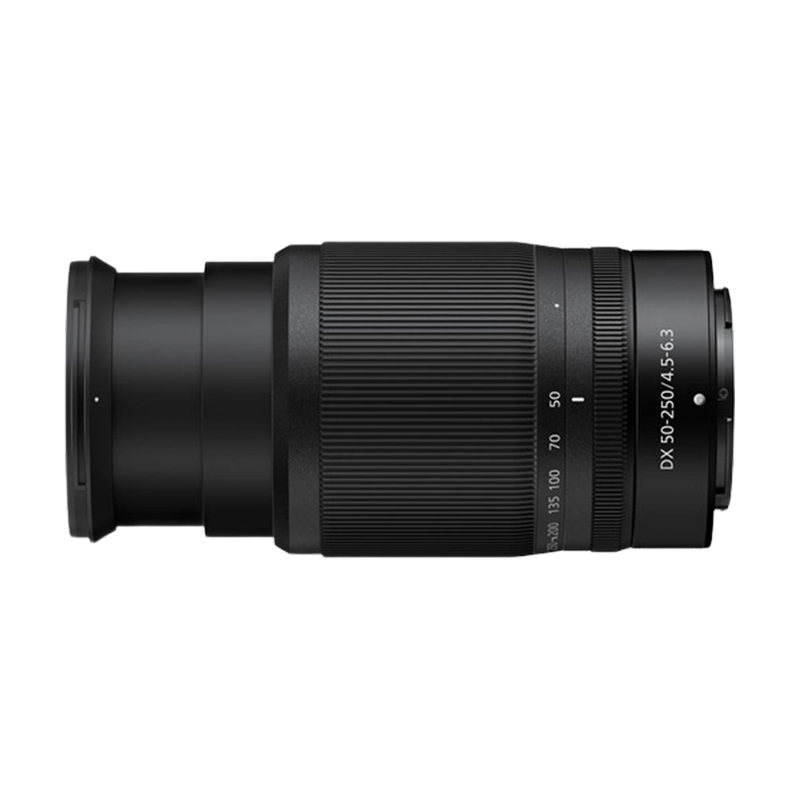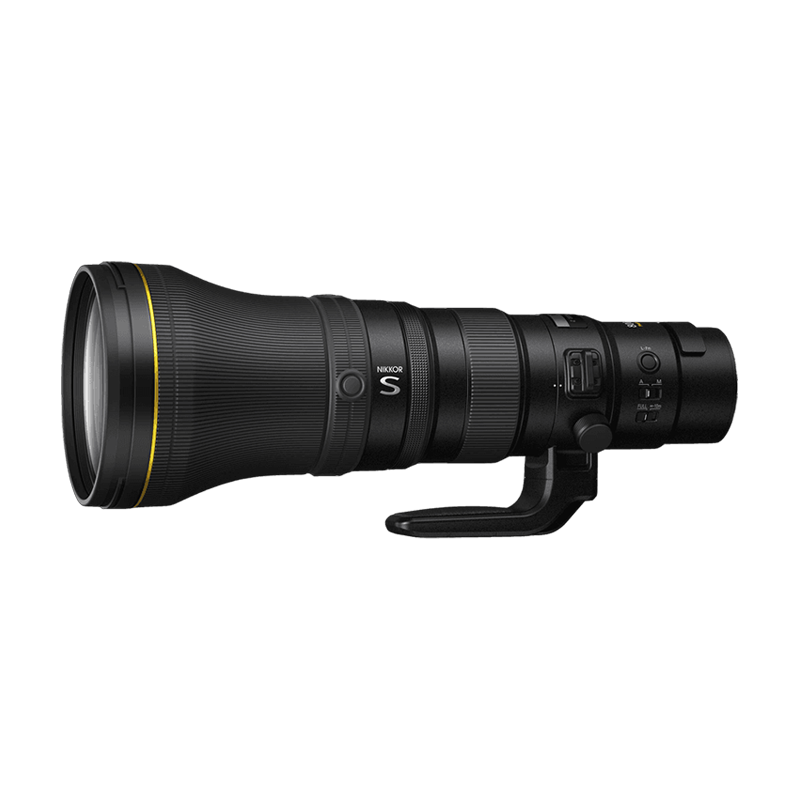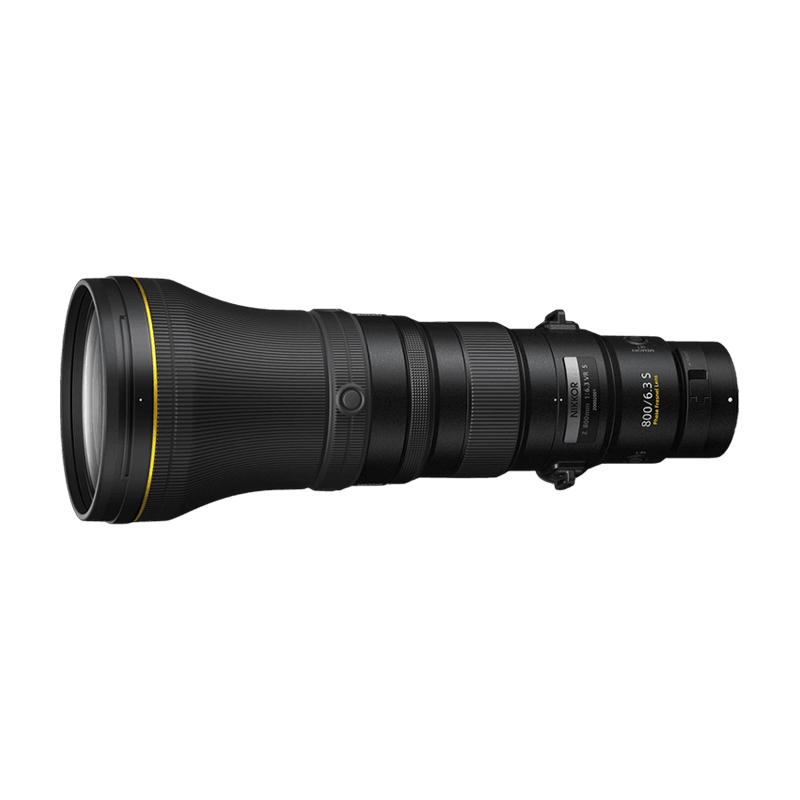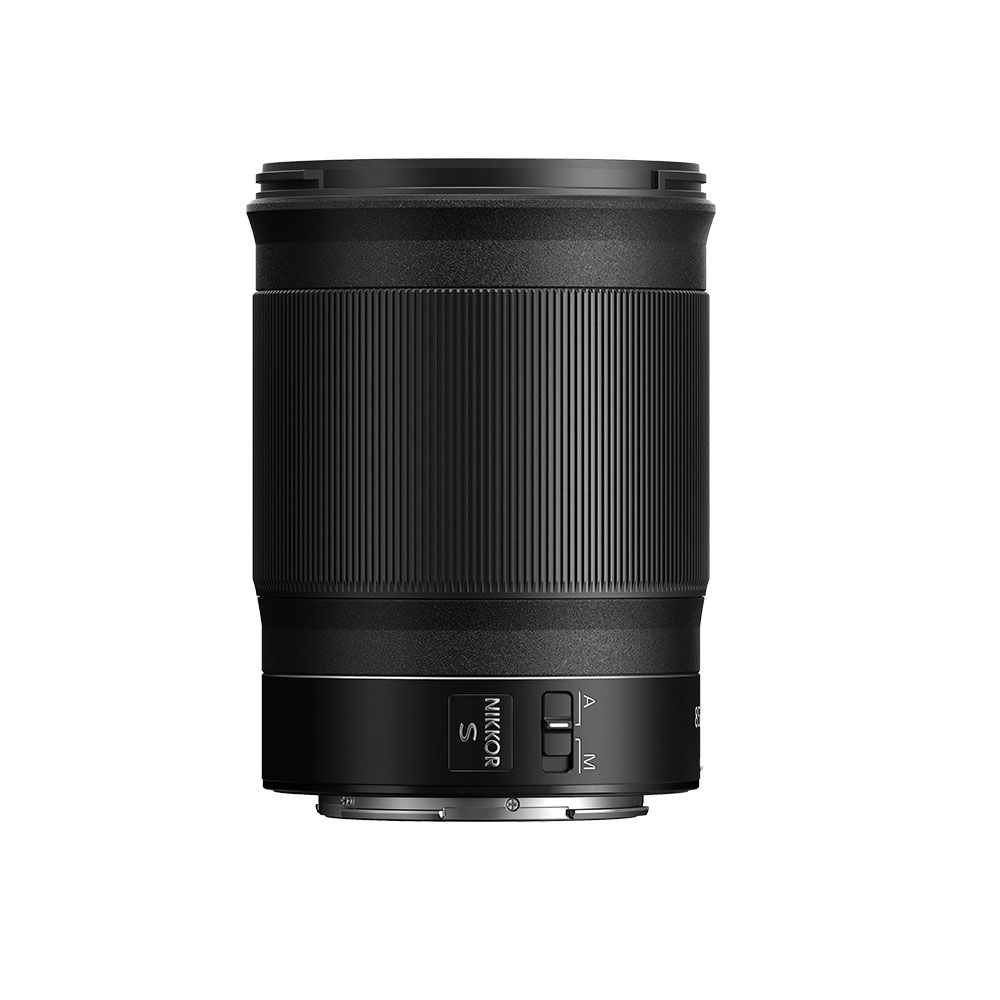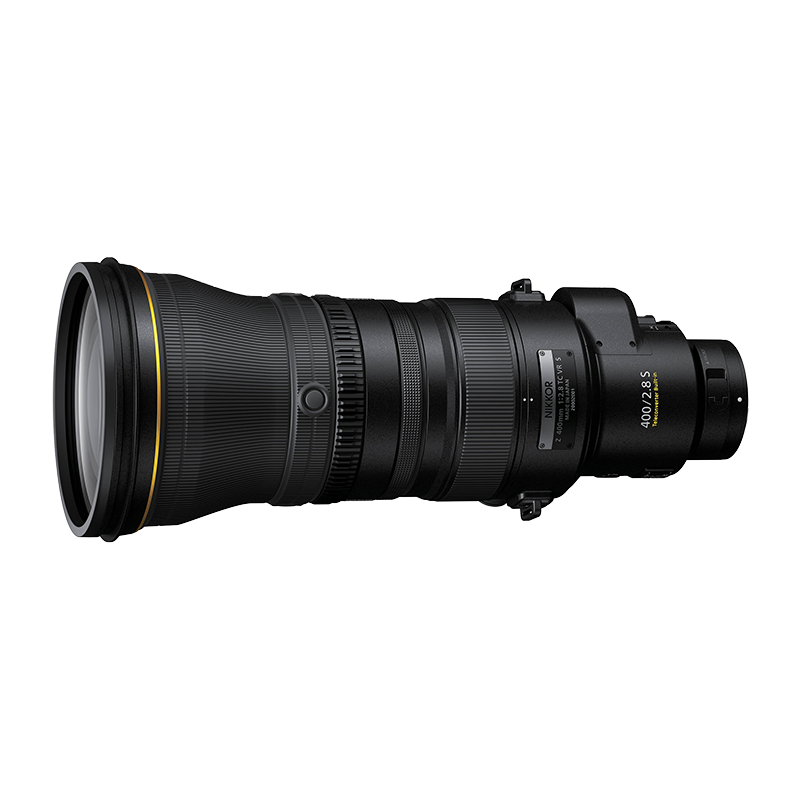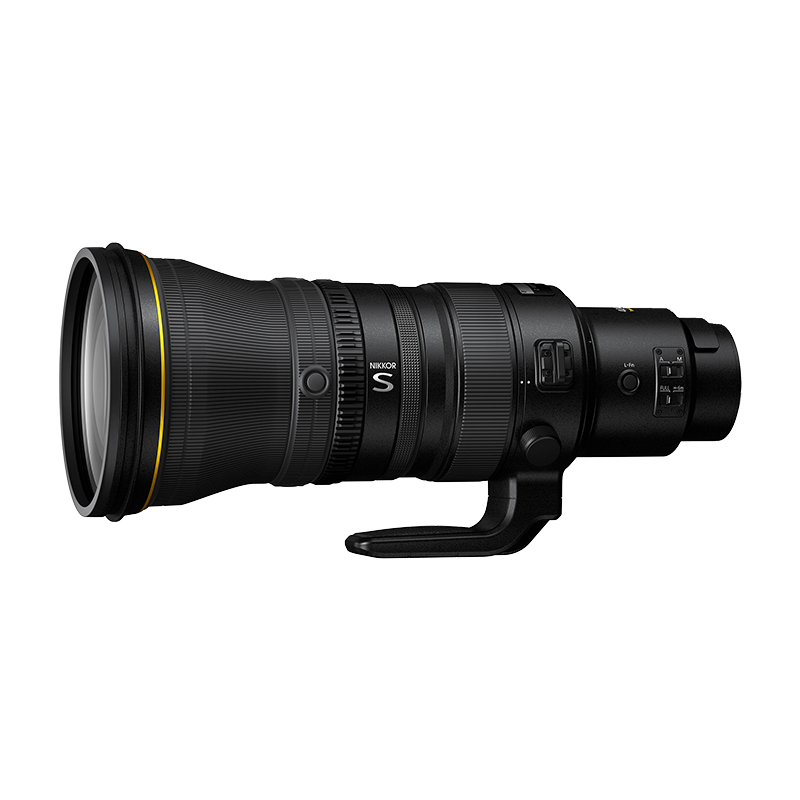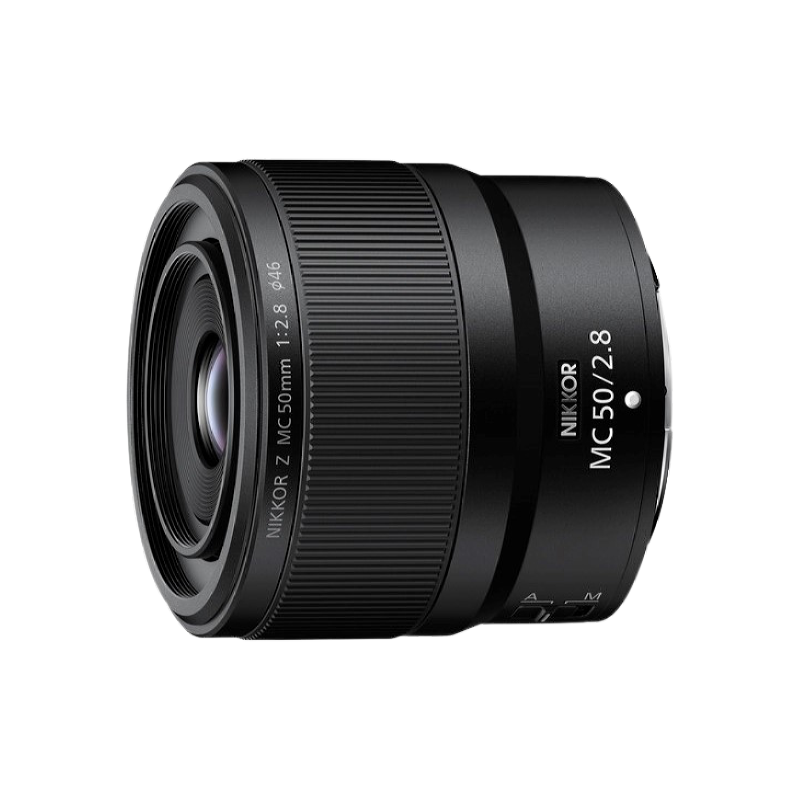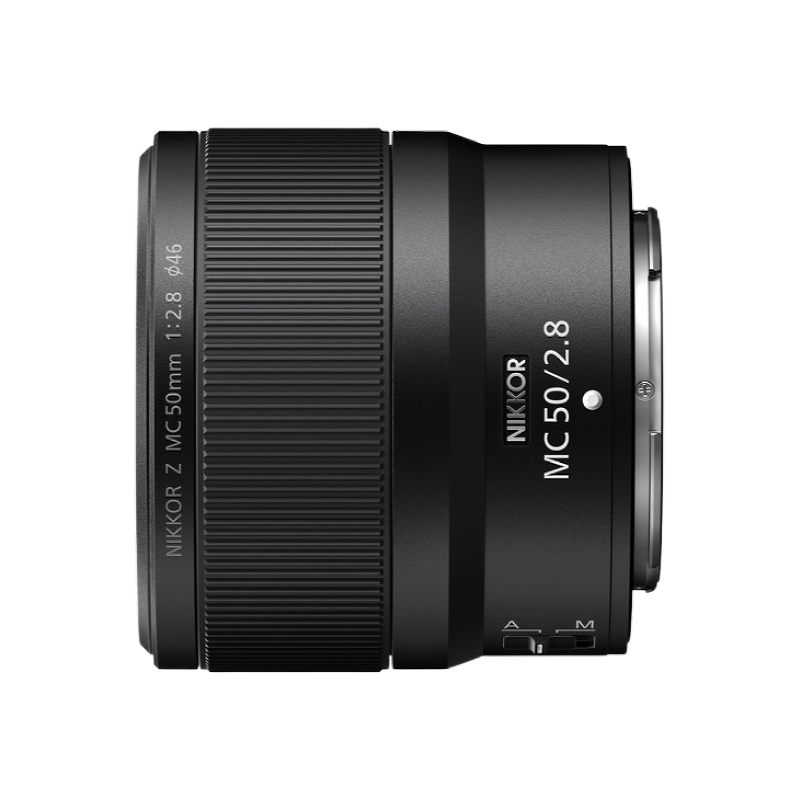ikon NIKKOR Z 17-28mm f/2.8 Lens
Ultra wide, fast and bright.
A thrilling 17-28mm zoom range. A coveted f/2.8 aperture with all its spectacular low-light, speed and depth of field capabilities. Liberating in close working spaces. Exhilarating in vast open spaces. Light and tough enough to take anywhere. The definition of an f/2.8 lens just got wider.
| 17-28mm | f/2.8 | Compact | Z Mount |
| Ultra-Wide Zoom | Constant Aperture | 4 in, 450 g | Full-Frame/FX Format |
A storyteller’s lens.
When you want to put your audience right in the moment, to surround them with a vast landscape or a grand interior, to convey more about your subject than simply how they look, reach for the NIKKOR Z 17-28mm f/2.8 and capture the big picture.

Ultra-wide versatility.
On a full-frame camera, the NIKKOR Z 17-28mm f/2.8 goes from an ultra-wide 17mm view that’s great for vlogging, epic vistas and indoor work to the highly cinematic 28mm view a favorite among filmmakers and street photographers for it’s wide but natural look.

TECHNOLOGY
IF Lens
A NIKKOR lens in which only the internal lens group shifts during focusing. Thus, IF NIKKORS do not change in size during AF operation, allowing for compact, lightweight lenses capable of closer focusing distances. These lenses will be designated with the abbreviation IF on the lens barrel.

Electromagnetic Diaphragm Mechanism
An electromagnetic diaphragm mechanism in the lens barrel provides highly accurate electronic diaphragm or aperture blade control when using auto exposure during continuous shooting.
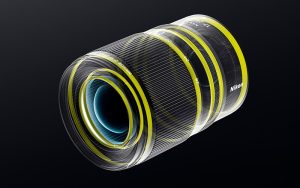
Stepping Motor
NIKKOR Z lenses use a stepping motor for fast, accurate, smooth, quiet autofocus with reduced wobbling. This quiet drive system makes the lenses ideal for use when shooting video.
ED (Extra-Low Dispersion) Glass
An optical glass developed by Nikon that is used with normal optical glass in telephoto lenses to obtain optimum correction of chromatic aberrations.
Aspherical Lens
A lens with a curved, non-spherical surface. Used to reduce aberrations and enable a more compact lens size. Aspherical lenses minimize coma and other types of lens aberrations, even when used at the widest aperture. They are particularly useful in correcting distortion in wide-angle lenses and help contribute to a lighter, more compact design by reducing the number of standard (spherical) elements necessary. Aspherical lens elements correct these distortions by continuously changing the refractive index from the center of the lens.
Super ED Glass
Nikon has also developed Super ED glass featuring even lower dispersion properties and extremely high performance in reducing the secondary spectrum, to minimize chromatic aberration even further, as well as other lens aberrations.





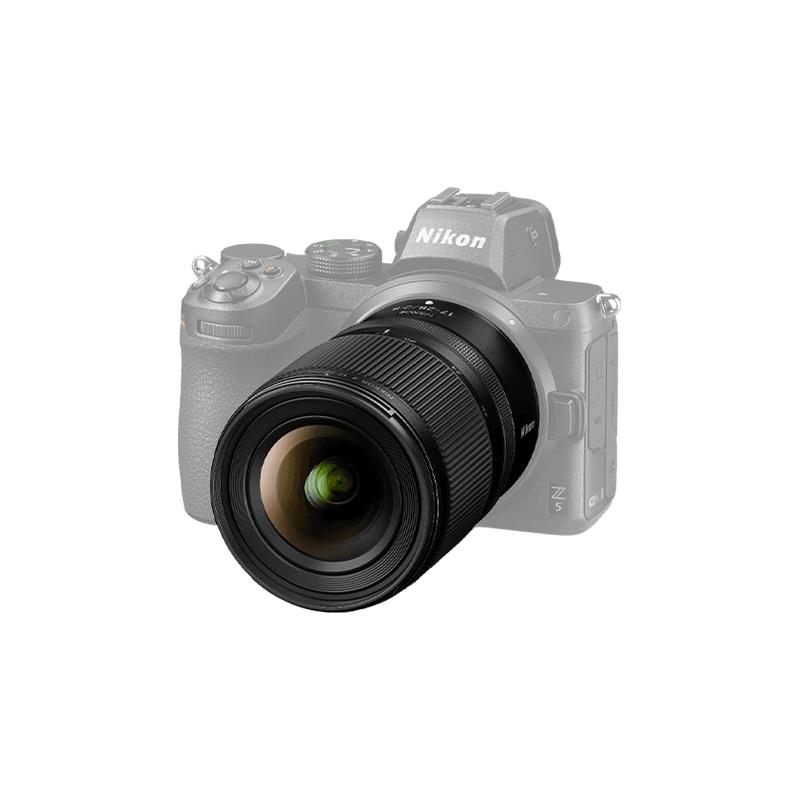
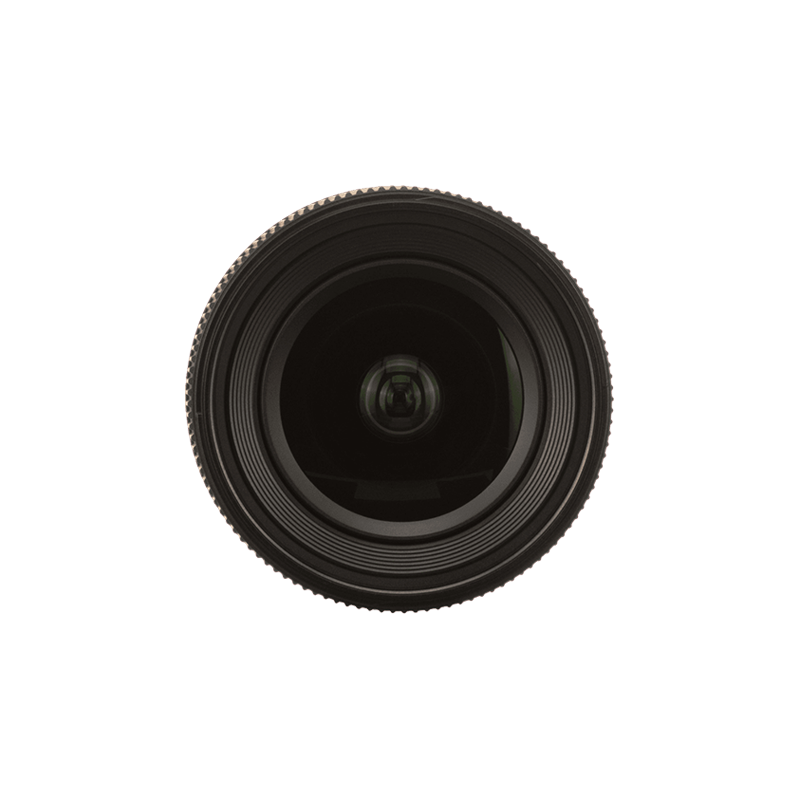
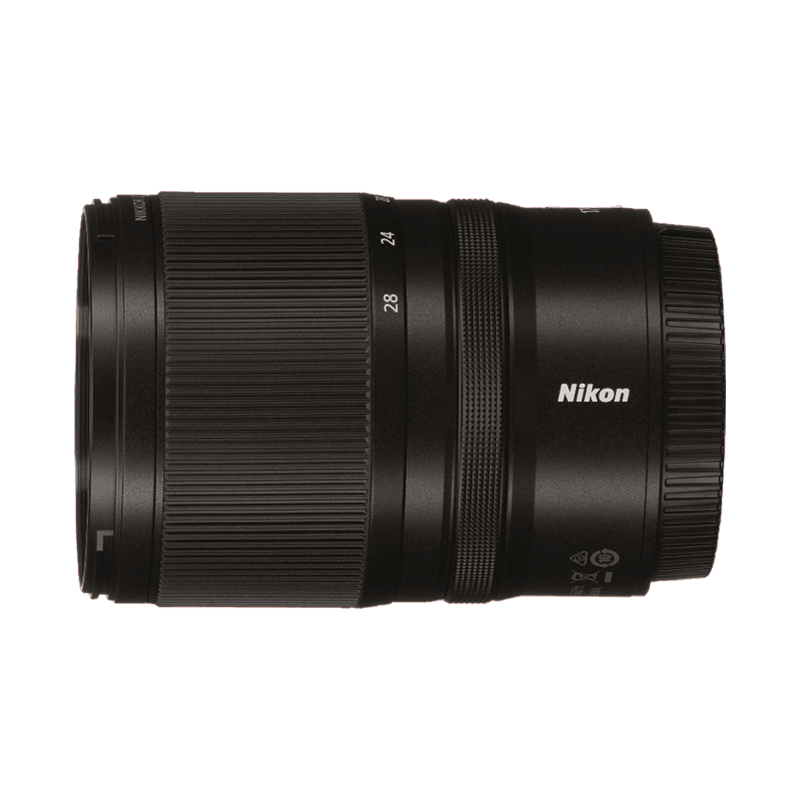




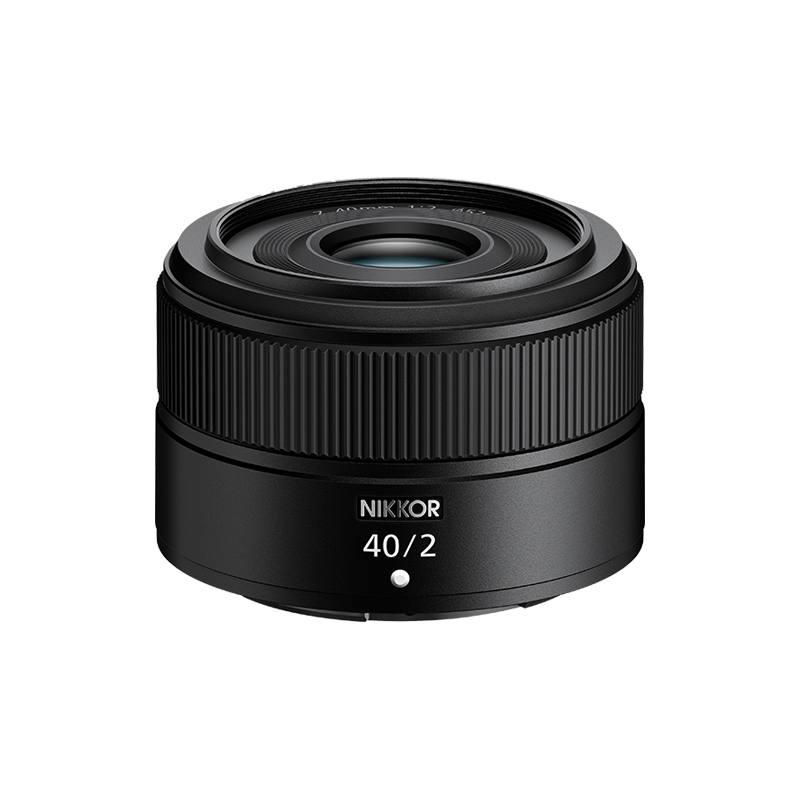
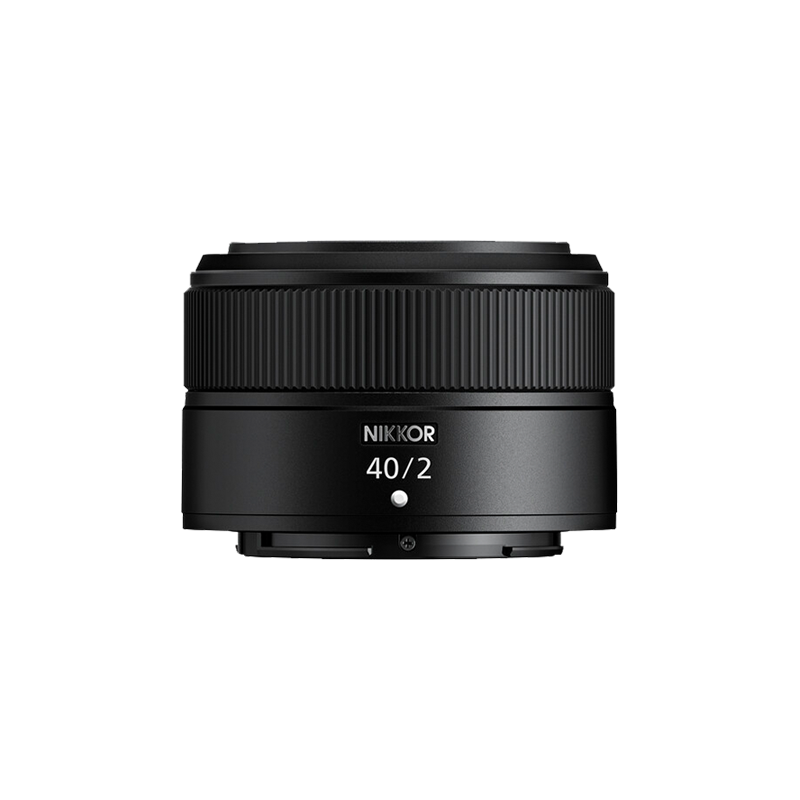
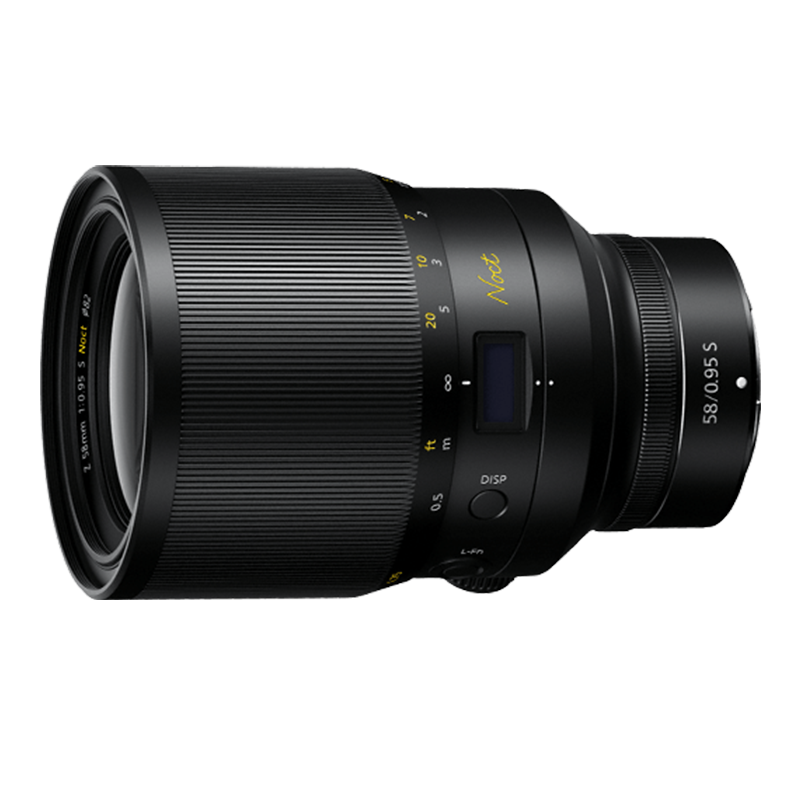
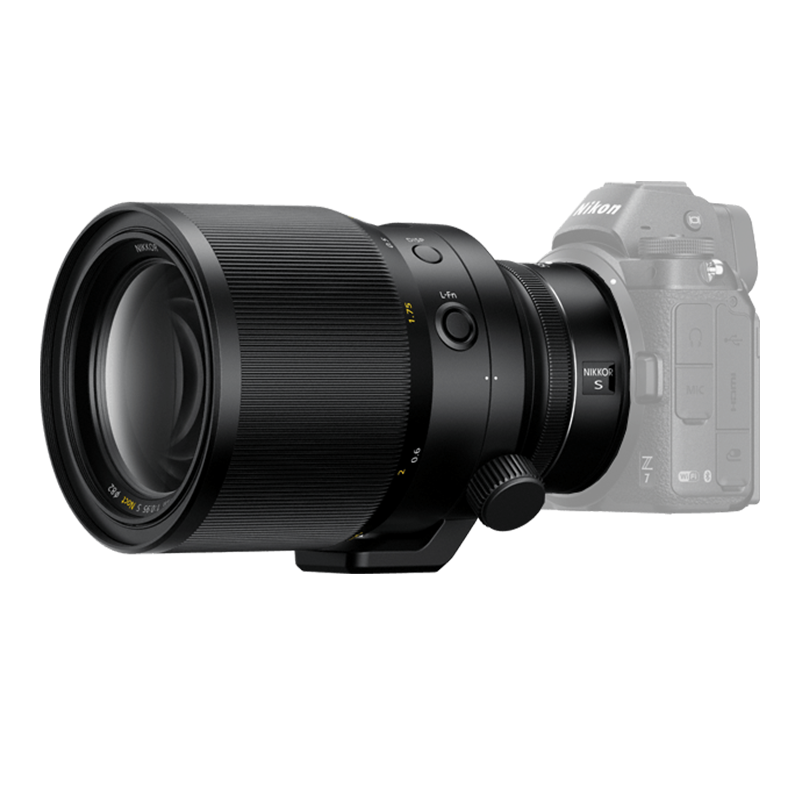
web_D1.png)
web_D3.png)
